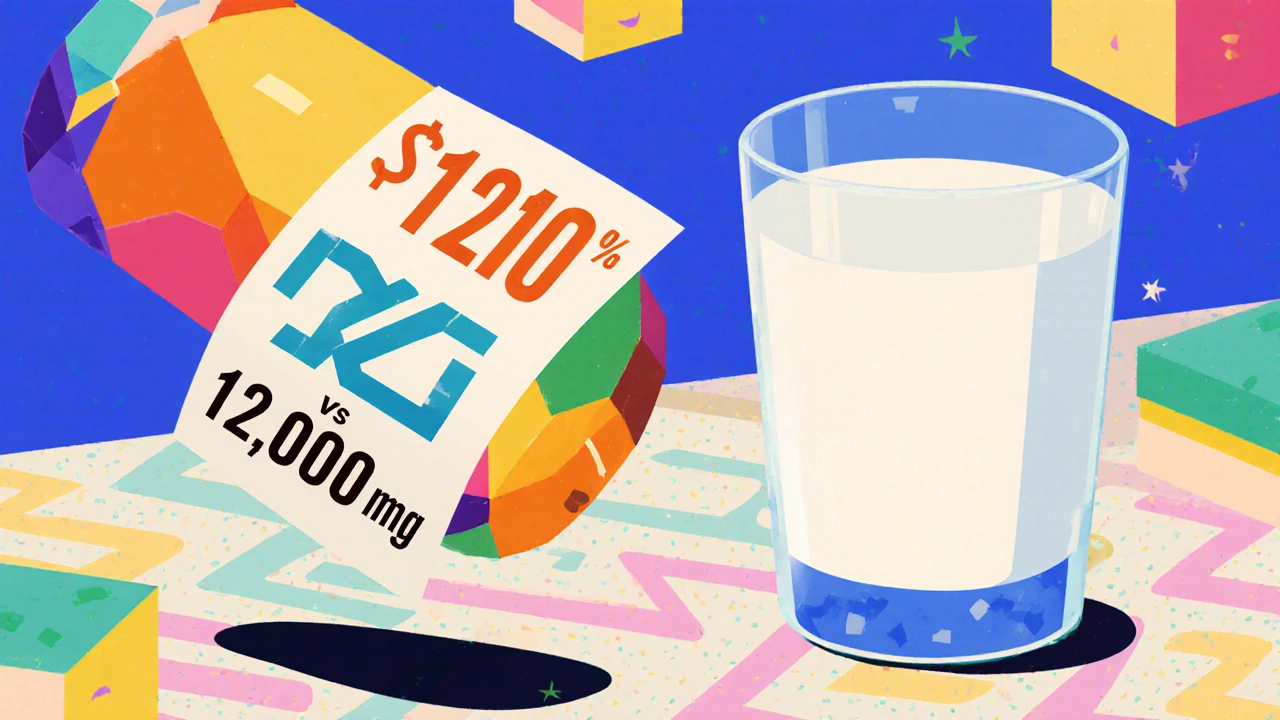Lactose Intolerance: Symptoms, Triggers, and What You Can Do
When your body can’t break down lactose intolerance, a common digestive condition where the body lacks enough lactase enzyme to process milk sugar. Also known as lactase deficiency, it’s not an allergy—it’s a digestive glitch that affects up to 70% of adults worldwide. You eat yogurt, cheese, or even a splash of milk in coffee, and within hours, your stomach starts bloating, cramping, or gurgling. You might feel gassy, have diarrhea, or just feel off. It’s not in your head. It’s biology.
This isn’t about being picky or trendy. lactase deficiency, the root cause of lactose intolerance means your small intestine stops making enough lactase enzyme after infancy. That’s normal for most humans—only a few populations kept the ability to digest milk into adulthood. When lactose hits your gut undigested, bacteria feast on it, producing gas and drawing water into your intestines. That’s the bloating, the cramps, the rush to the bathroom. It’s not your fault. It’s not your diet being "bad." It’s your enzymes.
People often confuse this with a dairy sensitivity, a broader term that includes reactions to milk proteins like casein or whey. But if you’re fine with hard cheese or butter but get sick on milk or ice cream, that’s classic lactose intolerance. Hard cheeses have almost no lactose. Butter is mostly fat. Yogurt with live cultures? Often tolerable because the bacteria pre-digest the sugar. You don’t have to give up all dairy—just learn what works for you.
There’s no cure, but there are smart workarounds. Lactase supplements taken before meals can help. Lactose-free milk is just regular milk with the lactose broken down ahead of time. Plant-based alternatives like almond, oat, or soy milk work fine—if they’re fortified with calcium and vitamin D. And here’s the thing: you don’t need to avoid dairy entirely unless you’re truly miserable. Many people with lactose intolerance can handle small amounts—like a tablespoon of cream in coffee or a slice of aged cheddar. It’s about finding your personal threshold.
What you’ll find in the posts below isn’t a list of "best lactose-free products." It’s real-world insights from people who’ve lived with this, and from medical guides that cut through the noise. You’ll see how laxatives like bisacodyl can mess with your gut balance, how alcohol and caffeine might worsen symptoms, and why some gut issues look like lactose intolerance but aren’t. No guesswork. No hype. Just what actually helps.
Can You Take Cefdinir if You Are Lactose Intolerant? What You Need to Know
Cefdinir contains a tiny amount of lactose in tablet form, but it's unlikely to cause issues for most people with lactose intolerance. Learn the facts, check your form, and take your antibiotic safely.
© 2026. All rights reserved.

